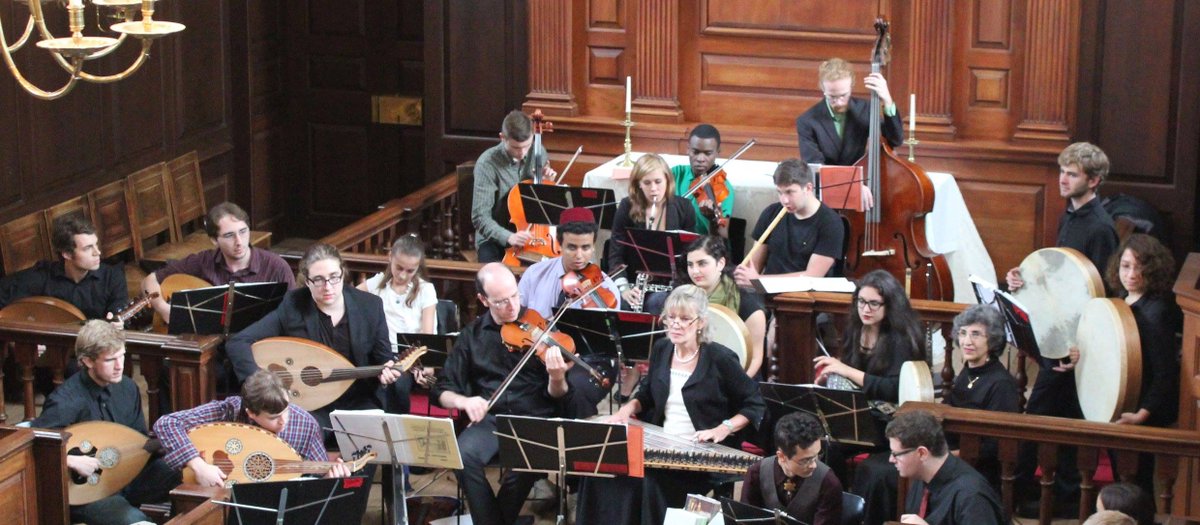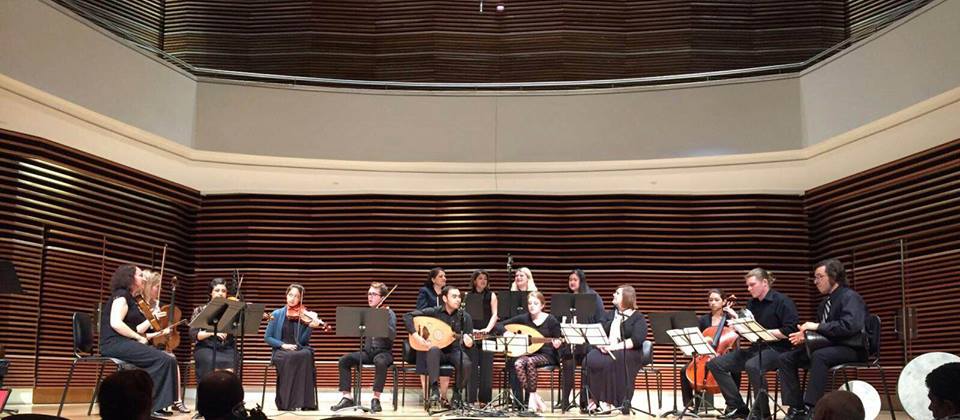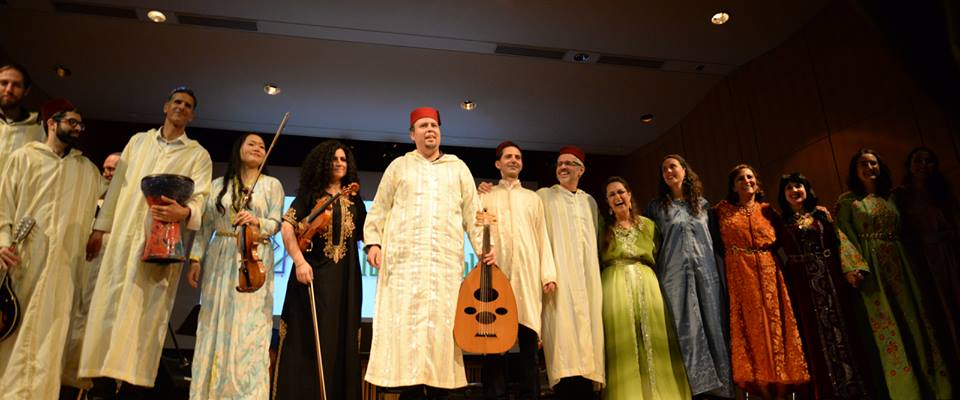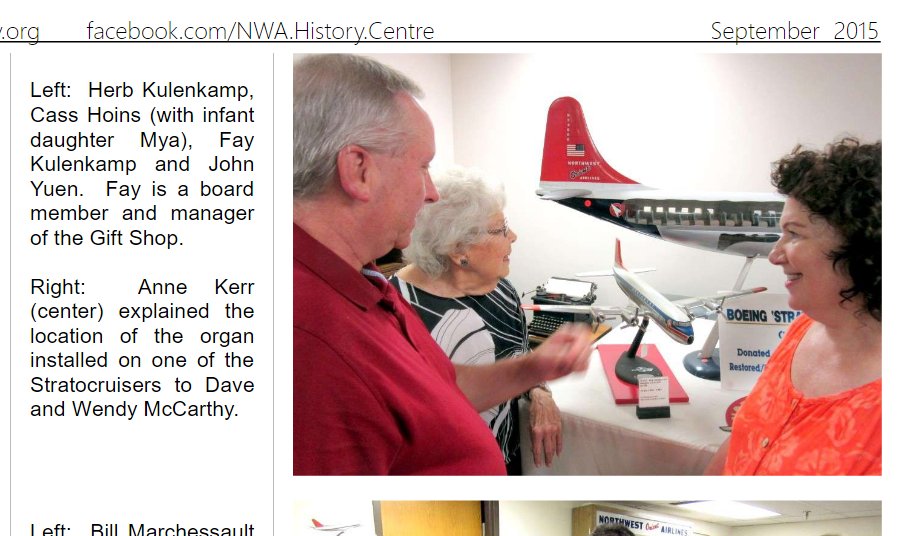It might be useful for folks to see other #MusicTheory traditions have contemporary performers and ensembles--i.e. living practitioners of the music--in existence even in the US. Here's a thread featuring on large US Arabic Ensembles and Orchestras.
1/
1/
https://twitter.com/Silpayamanant/status/1302383092821364740
The New York Arabic Orchestra of New York City.
established in 2007.
Website: nyarabicorchestra.org
Facebook: facebook.com/NYarabicorches…
2/
established in 2007.
Website: nyarabicorchestra.org
Facebook: facebook.com/NYarabicorches…
2/

Middle East Ensemble (MEE) of UC Santa Barbara.
Formed in 1989.
Website: music.ucsb.edu/mee/aboutmee.h…
3/
Formed in 1989.
Website: music.ucsb.edu/mee/aboutmee.h…
3/

The National Arab Orchestra of Detroit/Dearborn, Michigan.
Founded in 2009.
Website: araborchestra.org
Facebook: facebook.com/NationalArabOr…
4/
Founded in 2009.
Website: araborchestra.org
Facebook: facebook.com/NationalArabOr…
4/

The Middle East Music Ensemble of University of Chicago.
Formed in 1997.
Website: meme.uchicago.edu
Facebook: facebook.com/memechicago/
5/
Formed in 1997.
Website: meme.uchicago.edu
Facebook: facebook.com/memechicago/
5/

Bowdoin Middle Eastern Ensemble of Bowdoin College.
Founded in 2006.
Website: bowdoin.edu/music/performi…
Facebook: facebook.com/Bowdoin-Colleg…
8/
Founded in 2006.
Website: bowdoin.edu/music/performi…
Facebook: facebook.com/Bowdoin-Colleg…
8/

Middle Eastern Music Ensemble at NIU.
Founded:
Website: niu.edu/worldmusic/ens…
Facebook: facebook.com/groups/1015239…
9/
Founded:
Website: niu.edu/worldmusic/ens…
Facebook: facebook.com/groups/1015239…
9/

Bereket Middle Eastern Ensemble of University of Texas.
Founded in 2006
Website: musethno.music.utexas.edu/ensembles/bere…
Facebook: facebook.com/University-of-…
10/
Founded in 2006
Website: musethno.music.utexas.edu/ensembles/bere…
Facebook: facebook.com/University-of-…
10/

Los Angeles Arab Orchestra - أوركسترا عرب لوس انجلوس للموسيقا العربية.
Founded in
Website:
Facebook: facebook.com/losangelesarab…
11/
Founded in
Website:
Facebook: facebook.com/losangelesarab…
11/

The William & Mary Middle Eastern Music Ensemble in Williamsburg, Virginia.
Founded in 1994.
Website: wm.edu/as/music/ensem…
Facebook: facebook.com/William-Mary-M…
12/
Founded in 1994.
Website: wm.edu/as/music/ensem…
Facebook: facebook.com/William-Mary-M…
12/

University of Tennessee Middle East Ensemble - UTK MEE.
Founded in
Website:
Facebook: facebook.com/University-of-…
14/
Founded in
Website:
Facebook: facebook.com/University-of-…
14/

Cornell University Middle Eastern Music Ensemble
Founded in Summer 2002.
Website: arts.cornell.edu/cmeme/
Facebook: facebook.com/Cornellmideast/
15/
Founded in Summer 2002.
Website: arts.cornell.edu/cmeme/
Facebook: facebook.com/Cornellmideast/
15/

The New York Andalus Ensemble
Founded in 2011
Website: newyorkandalusensemble.com
Facebook: facebook.com/NYandalus/
16/
Founded in 2011
Website: newyorkandalusensemble.com
Facebook: facebook.com/NYandalus/
16/

Berklee Middle Eastern Fusion Ensemble
Founded in 2006
Website: berklee.edu/courses/engb-4…
Facebook: facebook.com/BerkleeMiddleE…
18/
Founded in 2006
Website: berklee.edu/courses/engb-4…
Facebook: facebook.com/BerkleeMiddleE…
18/

Aswat San Francisco Bay Area Arabic Music Ensemble
Founded in 2003
Website: zawaya.org
Facebook: facebook.com/ASWAT-Bay-Area…
20/
Founded in 2003
Website: zawaya.org
Facebook: facebook.com/ASWAT-Bay-Area…
20/

Itraab Arabic Music Ensemble based in Blackburg, Virginia
Founded in September 2014
Website:
Facebook: facebook.com/Itraab/
21/
Founded in September 2014
Website:
Facebook: facebook.com/Itraab/
21/

Three points
1) These are from one of my many databases of non Euro-ensembles/orchestras - a small subset of the music ecosystem of US Arabic Music - there are literally hundreds, if not thousands of small ensembles and solo performers (I've played with dozens myself).
22/
1) These are from one of my many databases of non Euro-ensembles/orchestras - a small subset of the music ecosystem of US Arabic Music - there are literally hundreds, if not thousands of small ensembles and solo performers (I've played with dozens myself).
22/
2) There's a whole music ecosystem within which these groups exist. In some cases, you can see there are several University based ensembles. In other cases, these are centered around large pop. of Arab-Americans which entails a music ed system.
23/
silpayamanant.wordpress.com/2020/06/08/div…
23/
silpayamanant.wordpress.com/2020/06/08/div…
3) The Arabic #MusicTheory and Arabic #MusicEd is a living tradition & has become part of the US (indeed, the global) music landscape. It's not a dead tradition. Ditto the Arabic Pop. Hence my comment about Western Pop Mus as an alt for curricula...
24/
24/
https://twitter.com/Silpayamanant/status/1301965992663408641
...since that would just replicate many (though not all) of the problems that having a Western Classical Music curricula and music ecosystem has.
25/
25/
https://twitter.com/Silpayamanant/status/1299934573678202881
I could have just as easily have created a thread from a dozen other US based non-Eruopean Orchestra cultures. Alos, I didn't even touch on music of ethnic/religious groups adjacent to Arab music groups (e.g. Turkish, Sephardic, Orthodox) also found in the US.
26/
26/
Then there's repertoire. Who do you think is composing for these ensembles and performers? Have you heard of any of these composers? Played any of their works?
27/
27/
Is it even understood that there are living composition traditions with BIPOC composers that have never composed for a European Orchestra or European/Western instruments?
28/
28/
Do we understand that there is already diversity out there? And that by focusing on *colorizing* white European based ensembles/traditions we're just centering whiteness again while erasing BIPOC?
29/
29/
So we shouldn't be surprised about Steve Reich being a symptom of an orientalism/exoticism impulse; or racial funding gaps in performing arts orgs; or yt supremacists saying classical music makes you whiter; or by slave orchestras. It's always been.
end/
end/
https://twitter.com/Silpayamanant/status/1302998303227949056
P.S. I haven't update that Arabic Orchestras/Ensembles list since 2018 so it's a bit out of date. MESTO no longer exists from what I see and the LA Arab Orchestra used to be called the LA Arabic Orchestra. I don't have founding/formation dates or websites for everything...
...and I'm sure I've missed some groups.
Also, this doesn't touch on what's sometimes referred to as the classic "Amarabic" (American-Arabic) era (60s-70s) of big bands like George Abdo and his Flames of Araby Orchestra, Artie Barsamian and his Orchestra, and others.
Also, this doesn't touch on what's sometimes referred to as the classic "Amarabic" (American-Arabic) era (60s-70s) of big bands like George Abdo and his Flames of Araby Orchestra, Artie Barsamian and his Orchestra, and others.
Arab America published a series called "America's Other Orchestras: Arab American Ensemble Series" a few years ago. Until we can acknowledge multiple ethnic groups as part of American (USian) culture and experience we'll continue to treat their musics...
arabamerica.com/americas-orche…
arabamerica.com/americas-orche…
...perpetually foreign. That trope is essentialist, colonialist, and ultimately white supremacist since it implies the only "real" American (USian) musics are those that "originated" here. There's some Irony given #ClassicalMusic's European origin.
https://twitter.com/Silpayamanant/status/1078553943284813824
Understanding the greater music ecosystem of Islam and Arabic speaking world can also help us understand the ties between Islam and the Blues.
Sylviane A. Diouf, a researcher studying and widely published on the African Diaspora:
Sylviane A. Diouf, a researcher studying and widely published on the African Diaspora:
https://twitter.com/Silpayamanant/status/1304338386078044160
That kind of knowledge can be instrumental for composers, such as in Rhiannon Giddens and Michael Abels's Opera, "Omar," based on the Arabic autobiographical account of the Muslim African slave Omar Ibn Said.
https://twitter.com/Silpayamanant/status/1304338398895837185
But if our frameworks and tools for understanding musics are based on Western Eurocentric Art and Popular Music genres then we’re simply going to erase a more nuanced understanding of what musics are will replicate a white racial/Western Colonialist view of the world.
• • •
Missing some Tweet in this thread? You can try to
force a refresh















